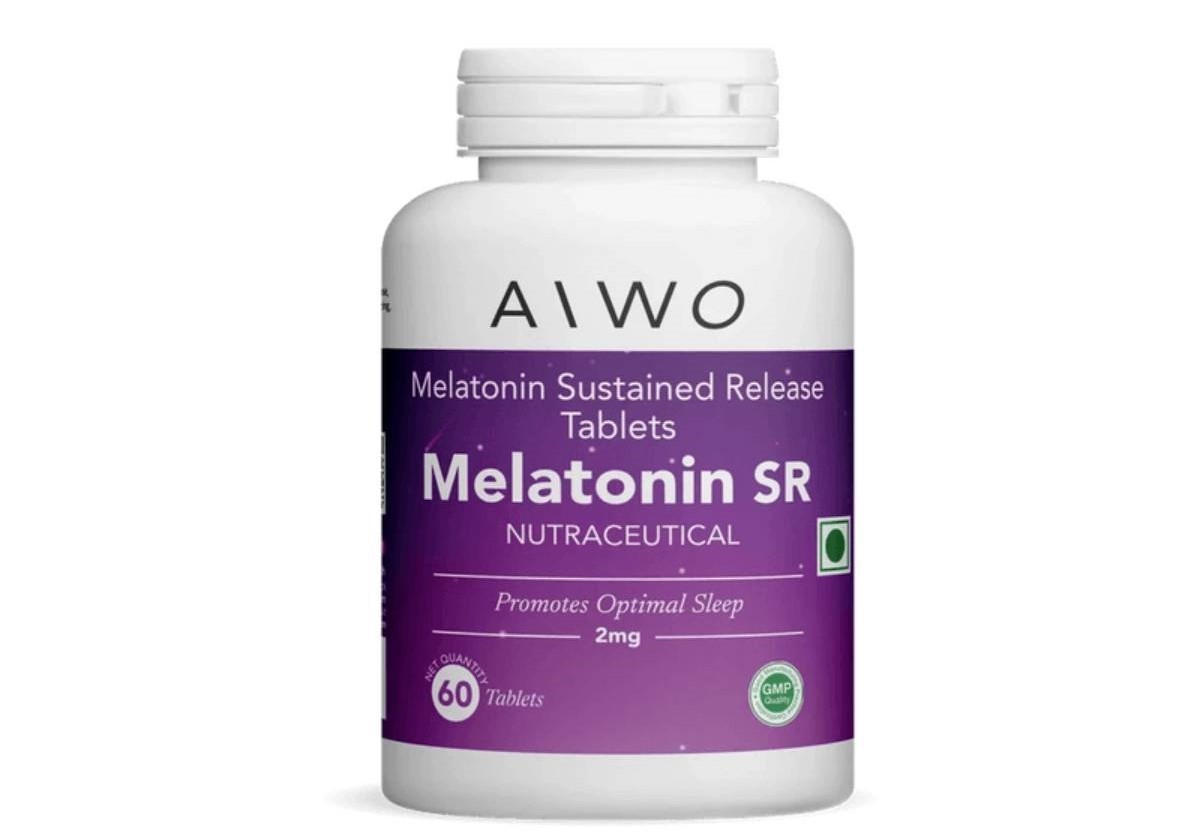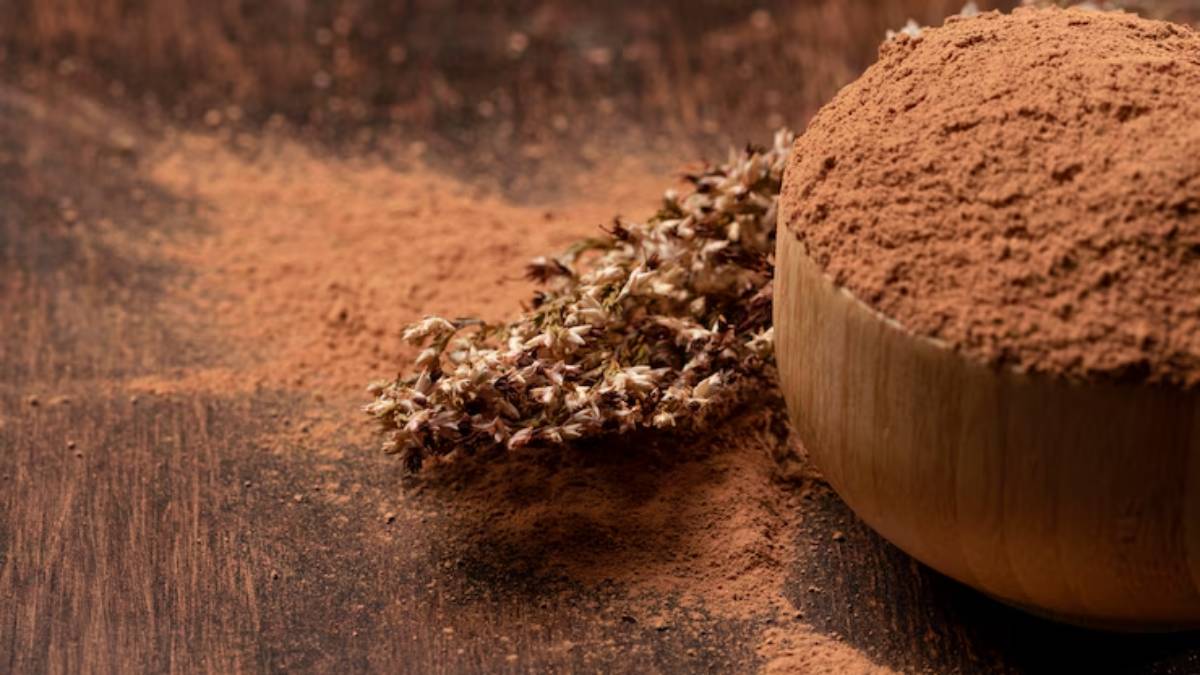
Supplements to Improve Deep Sleep for Recovery
You’ve been nailing your workouts, eating well, and staying hydrated, but something’s still off. You’re waking up groggy and dragging through the day, and your muscles feel sore longer than they should. Sound familiar?
The missing piece might not be your training—it could be your sleep quality. Specifically, your ability to enter deep sleep, the restorative stage where your body repairs muscle tissue, balances hormones, and resets for the next day. If that process is constantly disrupted, your progress takes a hit.
While habits like consistent bedtime routines and screen-free evenings matter, certain supplements can offer extra support, especially when stress, late-night workouts, or busy schedules interfere with sleep. This blog dives deep into the science and strategy behind sleep supplements for muscle recovery, explaining what works, why it works, and how to make it part of your recovery toolkit — naturally and safely.
Why Deep Sleep Matters for Muscle Recovery
Let’s start with why deep sleep (also known as slow-wave sleep) is such a cornerstone of recovery. During this stage of your sleep cycle, several key processes take place:
- Your body releases growth hormone, which repairs and rebuilds muscle tissue
- Cellular repair accelerates, clearing inflammation and stress markers
- Your brain detoxes and consolidates motor learning
- Heart rate and breathing slow, allowing total system reset
The more quality deep sleep you get, the more efficiently your body recovers from training. But if stress, poor sleep hygiene, or irregular schedules limit your deep sleep, you’ll feel the consequences — delayed muscle recovery, fatigue, and performance dips.
This is where targeted supplementation can step in to help.
How Supplements Can Enhance Deep Sleep
Not all sleep aids are created equal. Some knock you out but don’t improve sleep architecture — the natural flow through sleep stages.
Effective sleep supplements for muscle recovery focus on:
- Supporting your natural melatonin cycle
- Calming the nervous system (especially after evening workouts)
- Promoting deeper, more restorative sleep stages
- Reducing night-time wake-ups and restlessness
Let’s explore which ingredients and supplements stand out — and how they fit into a fitness-forward lifestyle.

1. Melatonin: The Sleep-Wake Regulator
Melatonin is a hormone your body naturally produces in response to darkness. It’s a signal — not a sedative — that tells your brain it’s time to sleep.
Melatonin supplements can help reset the sleep-wake cycle for people with disrupted circadian rhythms (e.g., shift workers or those who train late).
What the research says:
- A 2018 review in Nutrients found that melatonin can reduce sleep latency (the time it takes to fall asleep) and increase total sleep time, especially in people with insomnia or jet lag.
- Doses between 0.5mg and 3mg are usually sufficient for most; more isn’t always better.
Ideal for:
- Night owls are trying to adjust their sleep schedule
- Athletes are training in the evening
- Travellers facing jet lag or irregular sleep hours
Start low, and always pair with good sleep hygiene — melatonin doesn’t override late-night screen time or caffeine intake.
2. Magnesium: The Muscle and Nerve Relaxer
Magnesium is involved in over 300 enzymatic processes, including muscle contraction and relaxation, nerve signalling, and melatonin production.
It also helps regulate GABA, a neurotransmitter that promotes calmness and sleep.
Types of magnesium to look for:
- Magnesium glycinate: Best for sleep and relaxation
- Magnesium citrate: Supports digestion and can ease muscle soreness
- Magnesium threonate: Crosses the blood-brain barrier, may aid cognitive recovery
A 2022 study in Frontiers in Nutrition highlighted magnesium’s role in reducing insomnia symptoms and improving deep sleep quality, especially in older adults and athletes.
Best taken:
- 30–60 minutes before bed
- In doses of 200–400mg, depending on dietary intake and individual need
You can also double up by using magnesium flakes or Epsom salts in a bath to support muscle relaxation both topically and internally.
3. L-Theanine: The Calm-Without-Drowsiness Compound
L-theanine, naturally found in green tea, is an amino acid that promotes relaxation without sedation. It increases alpha brain waves, which are associated with calm, alert states—perfect for winding down without grogginess.
How it supports recovery:
- Reduces cortisol (stress hormone) levels post-exercise
- Improves sleep onset and sleep depth when taken in the evening
- Enhances focus during the day when combined with caffeine (bonus for morning sessions)
Dose range:
- 100–200mg before bed
- Often stacked with magnesium or GABA for the synergistic effect
Ideal for those with busy minds, high stress, or who struggle to “switch off” at night.
4. GABA: The Deep Sleep Neurotransmitter
Gamma-aminobutyric acid (GABA) is your body’s primary inhibitory neurotransmitter — essentially, it puts the brakes on overactive nerve firing. Higher GABA levels mean your brain and body can calm down, allowing restful sleep.
While there’s some debate about whether GABA supplements cross the blood-brain barrier effectively, anecdotal and emerging clinical data support its role in reducing anxiety and sleep latency.
You may also find GABA as part of multi-ingredient blends, combined with theanine, magnesium, and herbs.

5. Adaptogens: Ashwagandha and Rhodiola
Adaptogens help the body adapt to physical and mental stress, which is especially helpful for athletes, overthinkers, or those with taxing schedules.
Ashwagandha:
- Reduces cortisol and anxiety
- Improves sleep onset and quality
- Enhances testosterone levels and physical performance
Rhodiola rosea:
- May reduce fatigue and improve sleep indirectly by enhancing daytime energy and stress resistance
These are not direct sleep aids but support recovery by regulating stress and hormonal balance, especially during a high-output training block.
6. Glycine: The Thermoregulator
Glycine is a non-essential amino acid that plays a surprising role in sleep. It helps lower core body temperature, which is critical for transitioning into deep sleep.
What studies show:
- Supplementing with 3g of glycine before bed improved sleep quality, reduced fatigue, and improved cognitive function in sleep-deprived participants
- Found in collagen-rich foods like bone broth, but supplementation ensures consistent dosing
Bonus: Glycine also supports muscle repair and joint health, making it a great addition to a recovery stack.
7. Herbal Support: Valerian Root, Passionflower, and Lemon Balm
These herbs have long been used for their calming properties and sleep-enhancing effects:
- Valerian root: May reduce time to fall asleep and improve sleep quality
- Passionflower: Often included in teas for its anxiety-reducing effects
- Lemon balm: Mild sedative that pairs well with theanine or GABA
Herbal blends are especially helpful if you prefer a natural, non-habit-forming approach and don’t need strong pharmaceutical intervention.
How to Build a Supplement Stack That Works for You
Before diving into a supplement routine, it’s important to start with lifestyle first. No pill can fix poor habits. Once you’ve established a healthy wind-down routine, here’s how to layer in support:
Entry-Level Recovery Stack (Beginner)
- Magnesium glycinate (200–300mg)
- Tart cherry juice (150ml)
- Herbal sleep tea
Mid-Level Support (Athletes & Late-Night Trainers)
- Melatonin (1mg) if needed for schedule regulation
- Magnesium + L-theanine (100mg)
- Protein shake with glycine (3g) post-workout
Advanced Stack (Under High Stress or Volume)
- Magnesium + GABA + L-theanine blend
- Ashwagandha (300–600mg extract form)
- Melatonin (low dose as needed)
- Sleep-promoting tea or capsules with passionflower, lemon balm
Always consult with a healthcare professional, especially if you’re on medication, pregnant, or have existing health conditions.
Once you’ve established a healthy wind-down routine, here’s how to add support, especially if you’ve already built a strong recovery routine that prioritises good sleep hygiene.
Common Mistakes with Sleep Supplements
Let’s set the record straight on a few misconceptions:
- More is not better: Mega-dosing melatonin or magnesium can cause grogginess or digestive issues.
- Timing matters: Take supplements 30–60 minutes before bed, not at the dinner table.
- Supplements are not sleep replacements: You can’t out-supplement a screen addiction or a 1 AM bedtime.
- Mixing too many at once: Start with one or two, observe effects, then layer thoughtfully.
Real-World Routine Example
Jasmine, a 32-year-old fitness enthusiast, works late and trains after 8 PM. She struggles to fall asleep before midnight and wakes up tired. Here’s her new evening strategy:
- 9:00 PM: Finish workout
- 9:15 PM: Protein shake with glycine + magnesium
- 9:30 PM: Shower and light stretching
- 10:00 PM: Herbal tea with lemon balm and passionflower
- 10:15 PM: L-theanine capsule + low-dose melatonin
- 10:30 PM: Lights out — no screens
Within a week, she fell asleep faster, woke up clearer, and felt less sore in the mornings.
She now pairs her post-training shake with magnesium and glycine and stays hydrated based on her post-workout hydration strategy to ensure a smoother recovery overnight.
Conclusion: Rest Is Your Recovery Multiplier
Your body doesn’t grow when you train—it grows when you rest. And the deepest, most potent recovery happens not in the gym but in your sleep. If you’re not waking up refreshed, rebuilding muscle efficiently, or recovering as quickly as you should, it’s time to examine your night-time routine.
With the right approach, sleep supplements can be a helpful tool, not a crutch, in improving deep sleep and muscle recovery. Start small, stay consistent, and always build from a foundation of healthy habits.
Train smart, sleep deeper, recover stronger — every night.


